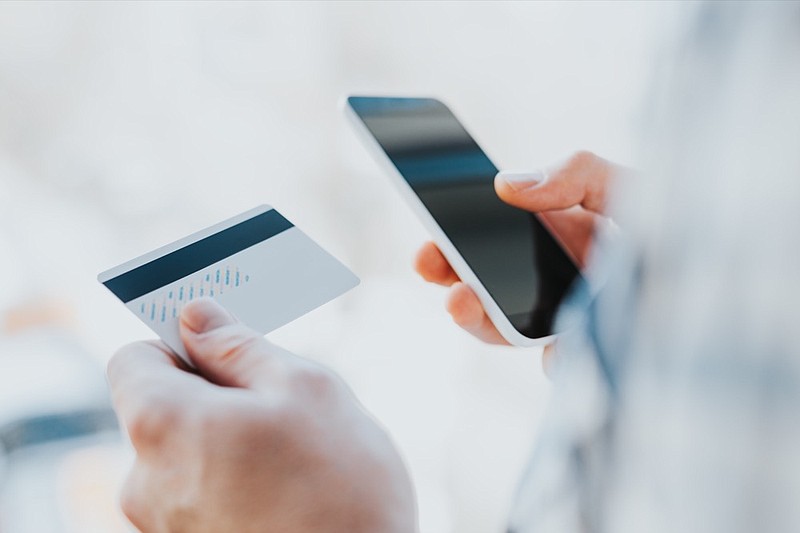Q: I have just become a victim of a text scam resulting in ID theft. What advice may BBB provide on this current scam?
A: Some consumers have recently been getting text messages that say a major delivery carrier needs them to "update delivery preferences" on a package by clicking on a link. The problem? The text is a scam, and the link results in theft of personal information.
Most consumers love the convenience of making purchases online and having them shipped straight to their doorstep. But with millions of packages delivered each year, con artists and thieves have developed many ways to steal from shoppers. Fortunately, there are also many ways to protect yourself from their shady tactics.
Popular Delivery Scams
Delivery scams and theft are particularly prevalent during the holidays, but currently as consumers are shopping online during the coronavirus pandemic. More packages are being shipped year-round. Scammers are hoping shoppers are busy or distracted and will act without thinking.
The first scam to look out for is phishing texts or emails that pose as official notices from delivery companies. These either contain a "tracking link" or a message that the shipper is having difficulty delivering a package to you, or most recently, a link to update delivery preferences. Clicking the link either takes you to a form that asks for personally identifying information, or to a site that downloads malware onto your computer.
Another delivery scam involves fake "missed delivery" tags. Scammers place a note on your door that claims they are having challenges delivering a package to you. They ask you to call a phone number to reschedule your delivery, but it's really a ruse to get your personal information.
Another issue shopper's face is package theft. Many consumers have had their packages stolen before they arrive home from work. Thieves snatch packages from doorsteps or lobbies of apartment or condo complexes. Criminals even follow delivery and postal trucks. When the truck leaves, the crooks move in and grab the parcels.
How to Avoid Delivery Scams
1. Take precautions to ensure a safe delivery. If you are having a valuable or fragile item delivered to your home, purchase shipping insurance. In addition, always get tracking numbers for your purchases and check the shipping progress periodically.
2. Watch out for texts, calls or emails about a missed delivery. Legitimate delivery services usually leave a "missed delivery" notice on your door. If you receive a missed delivery notice, examine the form carefully to make sure it is authentic and only then follow their instructions. Keep track of what you've ordered so you have a better idea of what is coming and when. Don't click on any links; go to the delivery carrier's website directly, or log in and use the retailer's tracking tools.
3. Request a signature. This feature may come with a price tag, but it may be worth the extra fee. When requesting a signature means that a delivery service will not be able to drop a package on your doorstep unless someone is available to sign for it.
4. Don't leave packages sitting on your doorstep. Packages left sitting outside are particularly vulnerable to theft. To ensure safe delivery, have your package delivered to your workplace or to a trusted friend or neighbor who will be home to accept delivery. Some delivery companies now have lockers where your packages can securely wait for you to pick them up using a one-time code to open the locker.
5. Open your delivery upon receipt to check for damage or signs of tampering. Contact the seller immediately if you believe something is wrong with the shipment or if it's not what you ordered. Also, be sure to review the seller's return policy for damaged or unwanted items.
To learn more about how to avoid scams, visit BBB.org/AvoidScams. If you've been the victim of a delivery scam, please report it at BBB.org/ScamTracker. Your report can help others avoid falling victim to similar scams.
Jim Winsett is president of the Better Business Bureau in Chattanooga.
